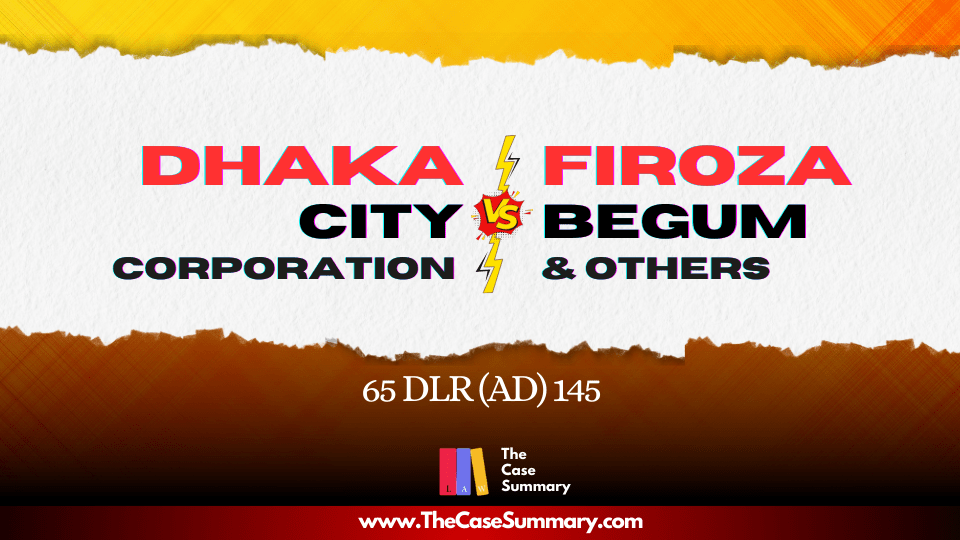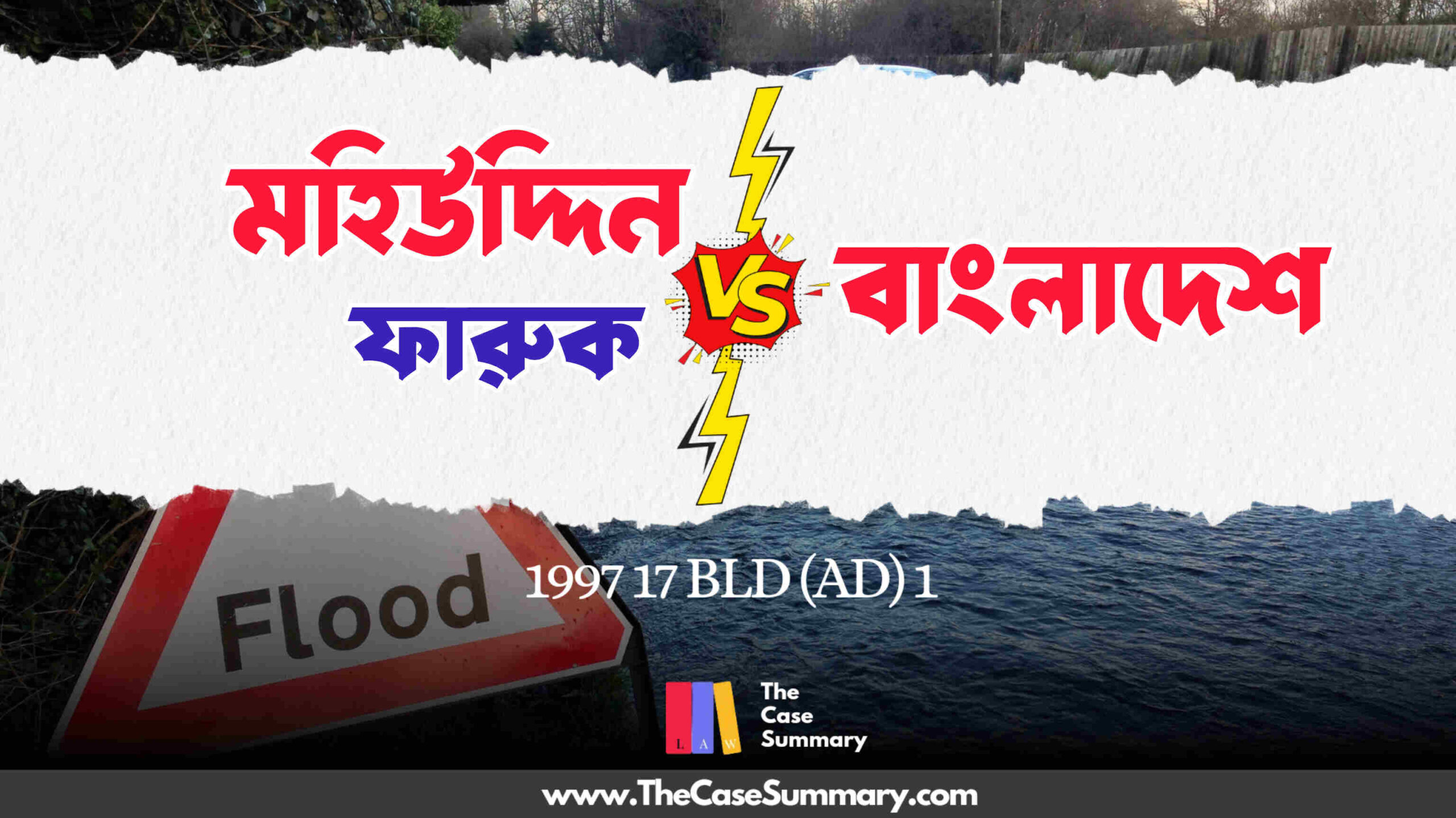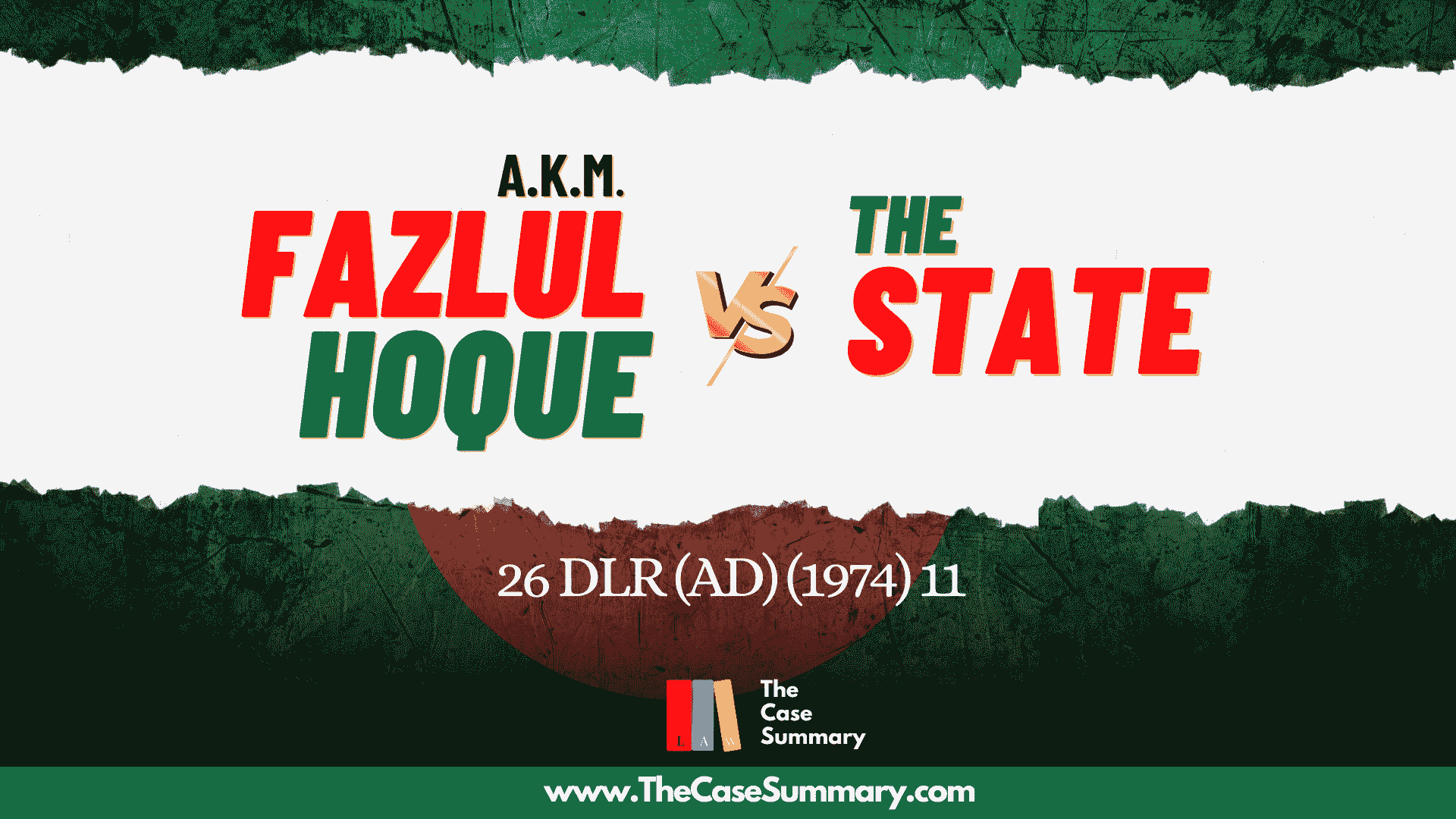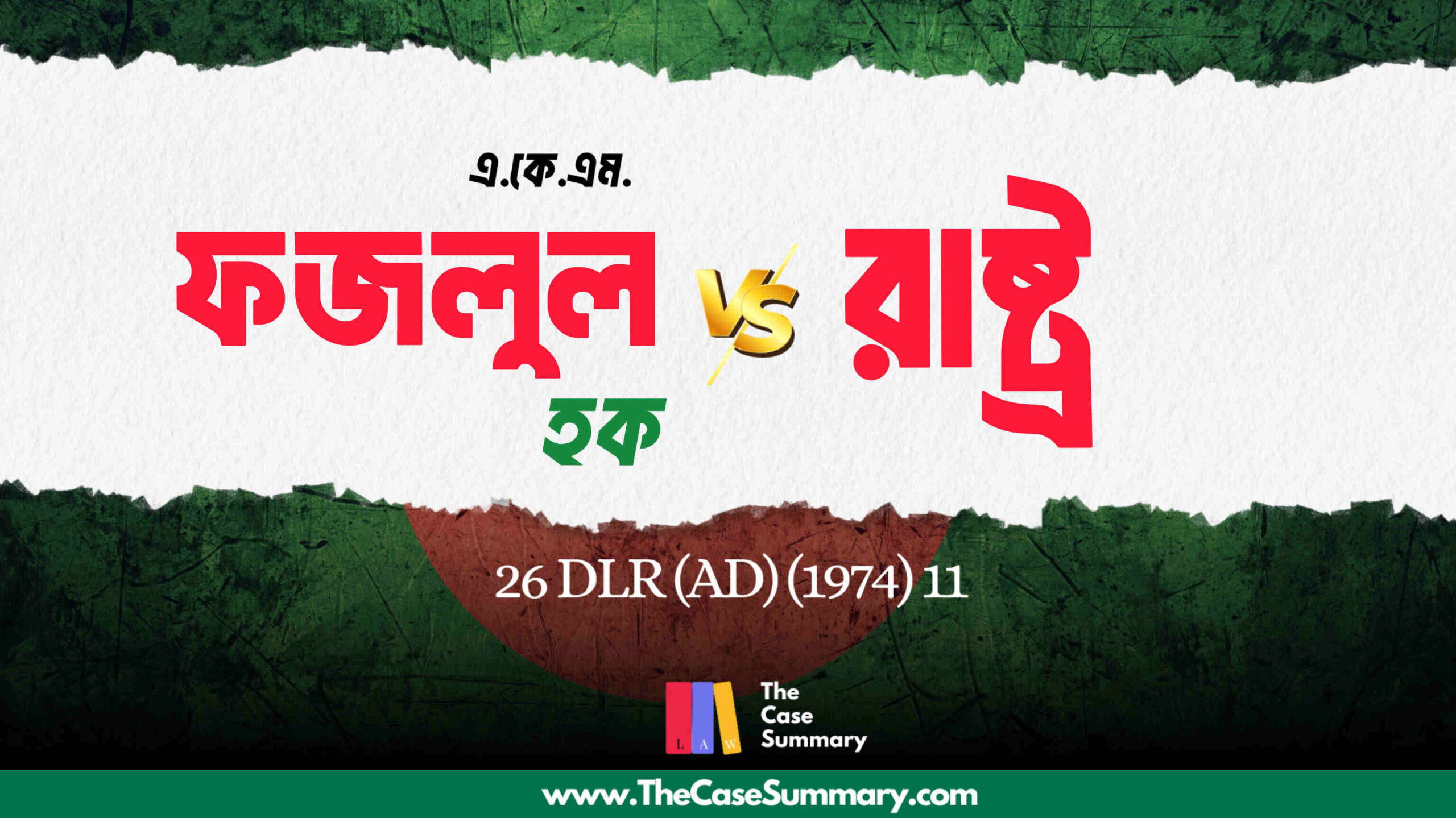Dhaka City Corporation vs Firoza Begum and Others (2012)
Citation: 65 DLR (AD) 145
Jurisdiction : Bangladesh
Appellant: Dhaka City Corporation
Respondent: Firoza Begum and Others
Facts :
This case concerns 88 caretakers who worked under different urban development projects operated by Dhaka City Corporation (DCC). Their employment began with the Slum Improvement Project in 1988, which stated in its official documents that community organizers would later be absorbed as regular municipal staff. Many of these workers were later taken into the Urban Basic Service Delivery Project in 1996 and then into the Local Partnerships for Urban Poverty Alleviation Project in 1998.
Although these positions were meant to be temporary, the petitioners continued working for 10 to 18 years. Several government decisions, including those from the Executive Committee of the National Economic Council, and DCC’s own actions, such as granting them time scale benefits, indicated that the petitioners were to be absorbed into the revenue budget. However, DCC did not formalize their employment or pay their due salaries after June 2007. After receiving no result from legal notices and meetings, the petitioners filed writ petition number 9675 of 2008, which was granted by the High Court Division, leading to this appeal.
Issues :
1. Whether the continuation of service under successive projects created a right to be absorbed into the revenue budget of DCC.
2. Whether the petitioners’ expectation of absorption constituted a ‘legitimate expectation’ in the eyes of the law.
3. Whether the High Court Division erred in law by directing DCC to absorb the writ-petitioners in its revenue budget with arrear salaries and benefits.
Arguments :
Appellant’s Arguments:
The appellants submitted that the writ petitioners were contractual employees whose service ended with the completion of the projects, as clearly stated in their appointment letters. They argued that Dhaka City Corporation, being regulated by the Ordinance of 2008 and the Act of 2009, had no authority to absorb employees beyond its approved organogram. Therefore, the continued service of the petitioners did not create any legal right or legitimate expectation. The appellants contended that the High Court Division erred in law by treating it as a case of legitimate expectation and directing their absorption with arrears of salaries and benefits.
Respondent’s Arguments:
The respondents argued that both the Dhaka City Corporation and the Ministry of LGRD repeatedly assured them, through official letters and ECNEC decisions, that they would be absorbed into the revenue budget. They served DCC for 10 to 18 years, received time scale benefits usually given to permanent staff, and worked under DCC’s supervision. Based on these facts, they developed a legitimate and reasonable expectation of permanent absorption under DCC’s revenue setup.
Decisions :
Decision of High Court Division:
The High Court Division directed the absorption of the writ petitioners into the DCC revenue budget with arrears of salaries and benefits.
Decision of Appellate Division:
The Appellate Division dismissed the appeal and upheld the judgment of the High Court Division. It found no legal basis to interfere, as the High Court had properly applied the law and correctly interpreted the facts. The Court observed that both the Dhaka City Corporation and the Government had failed to take responsibility and had continuously shifted the burden between themselves. It held that the petitioners had a legitimate expectation of absorption into the revenue budget based on repeated assurances, official communications, the decision of the Executive Committee of the National Economic Council, and the grant of time scale benefits. Applying principle number five of the doctrine of legitimate expectation, the Court found that the petitioners relied on those promises, and denying them absorption would result in unfairness and harm. Therefore, the judgment of the High Court Division was affirmed.
Relevant Legal Principle :
Doctrine of Legitimate Expectation: The Doctrine of Legitimate Expectation is a principle in administrative law that protects individuals against abrupt or unfair changes in government policy or decisions, especially when they have been led to expect a certain treatment based on past actions, promises, or established practices of public authorities. However, legitimate expectation can be overridden only by valid public interest. In such cases, valid reasons or public interest to deny the legitimate expectation must be established.
Author :
1. Muhammad Ishrak Ahsan
2. Md. Fuad Hasan
Note : The Case Summary is a platform by the law students, for the law students. We aim to summarize the facts and decisions of various important cases in both Bangla and English with utmost caution. However, this platform is in no way a replacement for going through the complete judgements by the law students and we discourage any learner from relying on case summaries alone. Thank you



